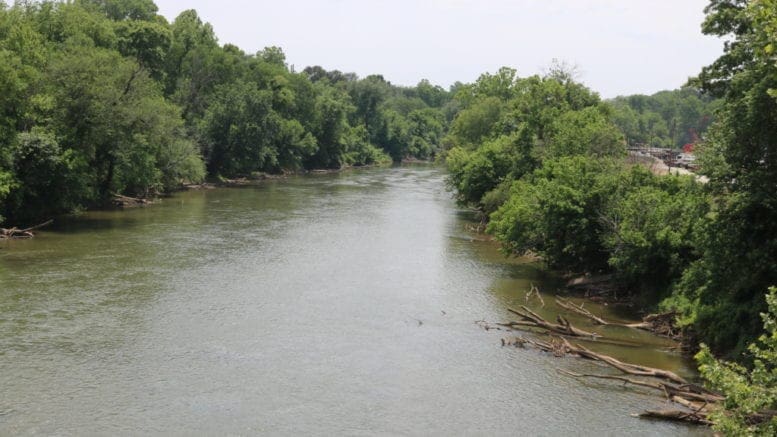According to a December 31, 2019 news release from the Southern Environmental Law Center (SELC) a settlement reached with Duke Energy will result in the largest cleanup of toxic coal ash in the U.S.
The agreement between SELC and Duke Energy and the North Carolina Department of Environmental Quality will result in the excavation of about 80 million tons of toxic coal ash at six Duke Energy coal ash sites.
“This agreement is the culmination of nine years of work by communities across North Carolina and puts in place the most extensive coal ash cleanup in the nation,” said Frank Holleman, senior attorney at SELC, in the news release. “With the agreements and court orders governing eight other coal ash sites, we now have in place a historic cleanup of coal ash lagoons to protect North Carolina’s clean water and families from coal ash pollution.”
>> Read the complete SELC news release here
A coalition of community groups worked with the SELC to bring about the settlement.
Amy Adams of Appalachian Voices said, “This agreement is a testament to the communities throughout North Carolina that have worked for years to protect their neighborhoods and clean water from coal ash pollution.”
Rev. Gregory Hairston of the Stokes County Branch of the NAACP: “We are thankful for the settlement and count it a major victory for our air, water and environmental justice in the state of North Carolina.”
Coal ash
Coal ash has been a significant subject of contention between Georgia Power and environmental groups, including in Cobb County, where Plant McDonough has legacy coal ash stored from the decades in which it was a coal-burning plant.
The plant is located near Smyrna on the banks of the Chattahoochee River. Georgia Power is currently in the process of removing some coal ash ponds and closing and capping others in place around the state, but environmental groups are concerned they aren’t doing enough.
A 2015 environmental report found groundwater contamination at 11 of 12 plants around the state. Ten had unsafe levels of pollutants. Plant McDonough had unsafe levels of arsenic, lithium, radium and several other pollutants.
